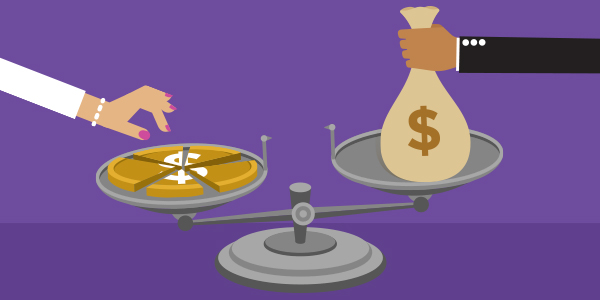Do I have to pay taxes on my Smart Portfolio?
Smart Portfolios are structured as taxable personal accounts. This means that the tax implications for your Smart Portfolio are almost the same as those for your Personal Portfolio.
In general, investments sold at a gain will be subject to taxes on the difference in the purchase price and the sale price. The exact rate of taxation depends on the length of time the investment was held (whether it will qualify as a long-term or short-term gain), and your income tax level.
Another tax consideration lies in the Smart Portfolio rebalancing process. Rebalancing is the buying and selling of investments— it brings your portfolio back in line with the target mix that Stash recommends (based on your risk profile). [Learn more about rebalancing]
The rebalancing process is standard across the financial industry and may generate some taxable events in the short term—in order to keep your portfolio healthy for the long term.
Please consult a tax professional for any additional tax related questions.
———
DISCLOSURES
Stash has full authority to manage a “Smart Portfolio,” a discretionary managed account.
Related questions View all Smart Portfolio
-
Q. IRA Close or Withdrawal State IRA Withholding Requirements
Traditional IRA required state withholdings. If you’re requesting to make a partial withdrawal from your Traditional Individual Retirement Account (IRA), or to close it completely, you’ll need to fill out a withdrawal form before the account can be closed. On this form,…
-
Q. Quick Start Your Stash – 2024 New Depositor Promotion
Looking to take control of your finances in 2024? If you’re a new customer or have not yet made a deposit into your Stash account prior to 01/01/24, you can earn up to $10. To earn the first $5 promo, deposit at least $5 into your Personal or Smart Portfolio by 4/30/24.…
-
Q. Everything you Need to Know about Dividends
A dividend is a payment to a shareholder when a company shares its profits. The amount of dividends you receive will be proportional to the amount of stock you own in that company. Dividends are usually paid in cash (not additional stock),…
Didn’t find your question?
Tell us what you’re looking for, and we’ll search for resources that could help.
Ask your question

